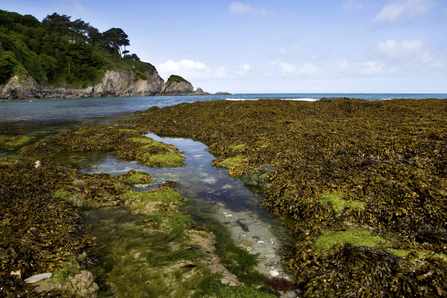Over the last 40 years, the European Union has driven improvements in environmental legislation affecting the UK. From protecting endangered species and habitats to putting a halt to the discharge of raw sewage in our seas, EU laws have helped to defend the UK's wildlife and environment.
However, laws are only as effective as their enforcement.
EU institutions, such as the European Commission and European Court of Justice, have played a vital role in environmental governance, from monitoring and reporting on progress, to accountability and ultimately enforcement, including by providing a citizens’ complaints process, and having the power to levy large penalties.
If the Government’s promises of a ‘Green Brexit’ are to be met, then these vital functions will have to be replaced by the time we leave the EU.
Today, the Government have launched a consultation to fix this ‘governance gap’ and create a “new, world leading independent statutory body”, alongside implementing the environmental principles, such as the ‘polluter pays’ principle, which are currently enshrined in EU Treaties into UK law.
This consultation is welcome, but any new body will need to meet some key tests if it is to be robust enough to adequately replace the current functions of EU institutions.



